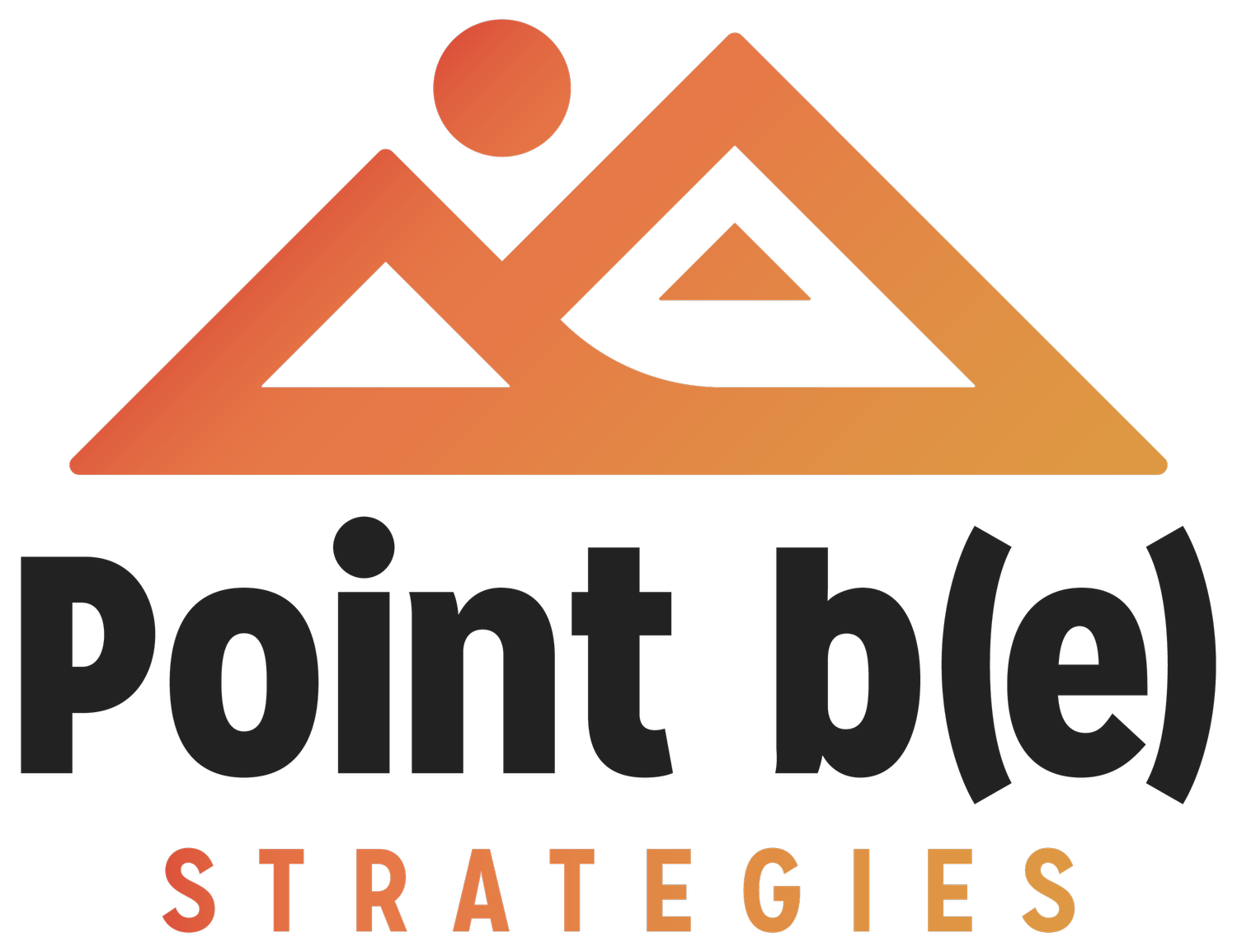Denver - Leading the Way!
Addressing the opioid epidemic, climate change, and workforce gaps through grant funding
By Laura McGarryDenver is working at the leading edge of pressing social issues – addressing the Opioid epidemic, public safety, workforce shortages and climate change. Point b(e) Strategies is supporting this vitally important work by providing the City and County of Denver with grant writing services. Through this partnership we have been able to help seek and secure funding for several exciting, new initiatives that are positioned to have long-term and broad-reaching impacts on the city we call home.
The Opioid Crisis and Public Health Workforce Needs
Denver’s Department of Public Health and Environment (DPHE) received $1.8 Million in funding to serve as the center of an intentional, coordinated system that regularly gathers and examines local data to inform and support programming and activities among partners in community, public safety and healthcare setting—all aimed at decreasing fatal and non-fatal overdoses across the greater metro area. This rapid, coordinated effort will save lives, as the most up to date information about overdose patterns will reach providers in time for them to initiate more effective and coordinated responses. This funding is from the Centers for Disease Control’s Overdose Data to Action: Limiting Overdose through Collaborative Actions in Localities.
Additionally, DPHE received two rounds of funding in 2023 to support its work in building a highly trained and well-supported Peer Support Workforce within the city. Peer Support (PS) is a professional service model where individuals with lived experience (e.g., homelessness, substance use, legal system involvement, mental health challenges) receive training and supervision to offer formal (employment-based) support to others currently facing similar challenges. In recent years, Denver has hired an unprecedented number of PS staff with eight city agencies employing 80 PS staff. With the rise of this critical workforce, DPHE has also recognized the need to develop training and employment regulations to effectively support this unique sub-set of the workforce. Funding received in 2023, will be used to meet this key need so that CCD can be a highly effective employer for Peer Support providers in the city. This is especially important as studies show that working with PS staff supports better outcomes for people with substance abuse and mental health disorders including: increased engagement in care and treatment and improved social emotional well-being.
Climate Change and Building Green Workforce Training
In the fall of 2023, the Department of Climate Action, Sustainability, and Resiliency (CASR) received a five million dollar and three-year investment for a sweeping urban forestry initiative aimed at increasing tree equity scores in Denver’s most marginalized neighborhoods. This funding is for a partnership between CASR, Denver Parks and Recreation, Office of the City Forester, and local nonprofits—The Tree People and Americas for Conservation + Arts and CREA Results (AFC+A CREA) to address climate change while also working to redress the environmental injustices that these neighborhoods have experienced.
Additionally, Denver’s Department of Economic Development and Opportunity (DEDO) recently applied for funding from the Colorado Office of Economic Development and International Trade’ (OEDIT) Opportunity Now fund to pilot its innovative Zero Emission Vehicles-Colorado (ZEV-C) program. If funded, ZEV-C will launch a full-scale electric vehicle (EV) technician training program; building pathways from K–12 and postsecondary to employers so that young people will gain access to high-demand EV careers. This program is critical as Colorado ranks in the top five states for EV market and charging infrastructure density per capita, yet the boom presents workforce challenges with too few workforce programs training the number of EV technicians that will be needed to sustain this shift in auto purchasing and usage.
At Point b(e) Strategies we are honored to support this vitally important work and are excited to support additional federal funding wins in 2024.
